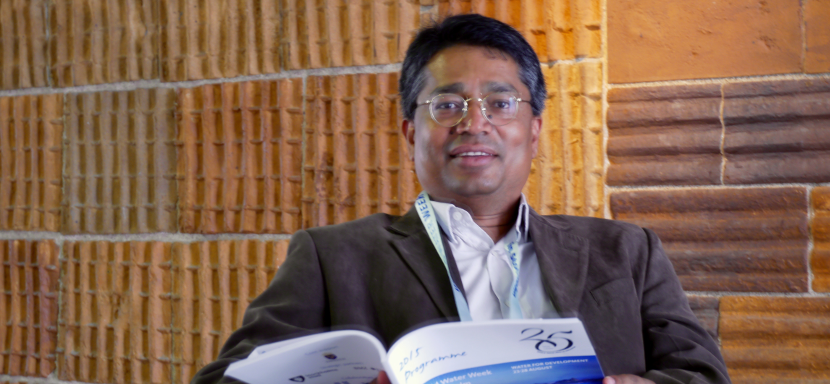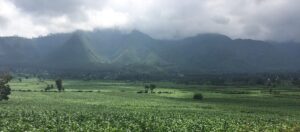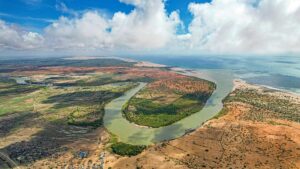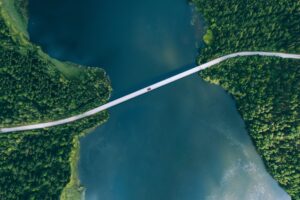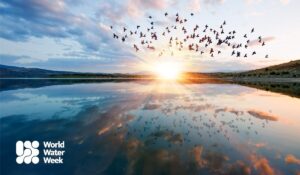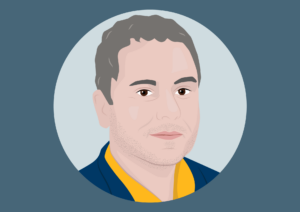“The best way forward is to inform and educate the political leadership” – An Interview with Ashok Swain
Ashok Swain is Professor of Peace and Conflict Research at Uppsala University, and Director of the Research School for International Water Cooperation. His expertise covers environment and conflict, emerging security challenges, and issues of transboundary water sharing. Swain has written extensively in the water field, and recently co-published Transboundary Water Management and the Climate Change Debate (Routledge, 2015).
Here are excerpts from an interview the Research School’s three PhD candidates conducted with Ashok Swain.
How would you define water cooperation?
– When states or groups continue to work together for accruing mutual benefits from their shared water resource.
What, according to you, is the biggest challenge to international water cooperation at present?
– The politicization and securitization of water-sharing issues by state actors for their short-term political interests.
What are your thoughts on how this can be addressed?
– The easy solution is to take the politics out of water-sharing, but that is almost impossible. The best possible way forward is to inform and educate the political leadership of basin states about the possible greater benefits of cooperation and recurring costs of non-cooperation over shared water resources.
How did you get interested in research on water issues?
– While conducting my PhD research in the 1980s on security challenges of micro states, I came to realize the inadequacies of the traditional security framework for a comprehensive security analysis of any political unit. That realization persuaded me to look into emerging security threats, including water issues, in my post-doctoral years.
Your research has covered multiple dimensions and geographical regions in the water field. What are you currently working on?
– I continue to work on global water-sharing issues, with a particular regional focus on Asia, Africa and the Middle East. At present, I am finishing a book manuscript on new security challenges to the Middle East, and that deals with the region’s water and food scarcities. I am also working on the role of water management, both as a planned and unintended consequence of peacebuilding processes in a post-conflict environment.
What do you see as the main goal of the Research School?
– The Research School aims to train PhD and Post-Doc researchers who can contribute to an understanding of the intricate relationship between politics and water, with a primary focus on water for peace and development. By critically analyzing the linkage between water scarcity and international conflict and cooperation, the researchers of the School can improve understanding of the political mechanisms behind water-induced conflict and peace.
What role do you think peace and conflict research plays in regard to water cooperation?
– I think the ‘politics,’ which is crucial to understanding the state of water management, is still missing in the discourse. The datasets and most of the body of research on water conflict and cooperation are also the product of scholars and institutions that are primarily from geography and natural science. This creates avoidable confusion over basic definitions of conflict, cooperation and peace and hype over the implications of water scarcity. Thus, there is an academic and policy void that can be filled by peace and conflict researchers with an interest in water issues.
Let’s finish with a word game. What is the first word that comes to your mind when you hear:
MEGA DAM
-Where?
RIVER DIVERSION
– Why?
HYDROPOLITICS
– Omnipresent.
